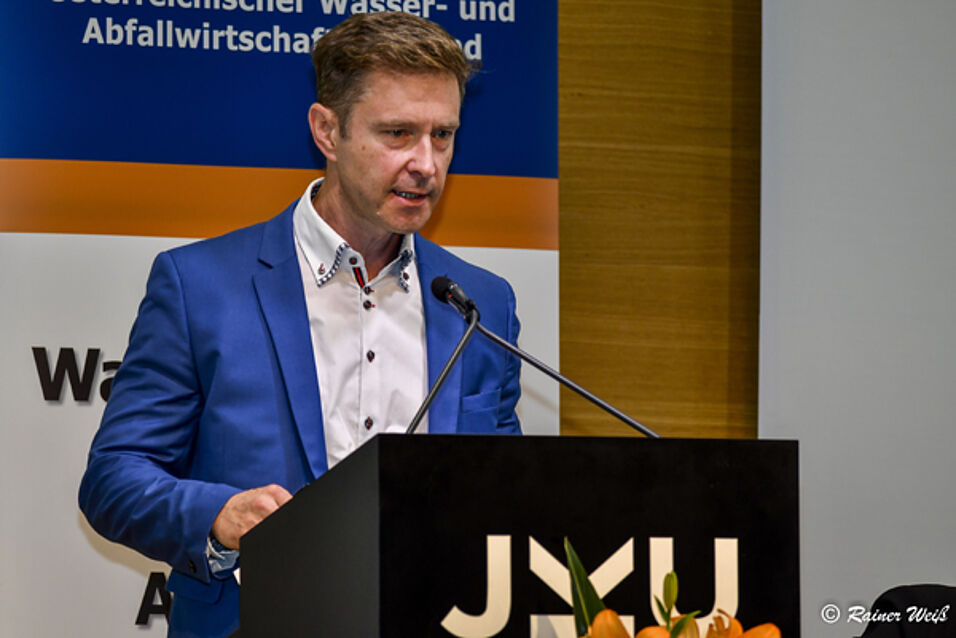Im Rahmen der 24. Österreichischen Umweltrechtstage zum Generealthema „Neues Altlastenrecht“ an der JKU Linz informierte Prof. Piska gemeinsam mit RA Dr. Roland Zauner (Haslinger/Nagele Rechtsanwälte GmbH) über verfassungsrechtliche Fragestellungen zur ALSAG-Novelle.
Bericht 24. Österreichische Umweltrechtstage
Bericht ÖWAV

